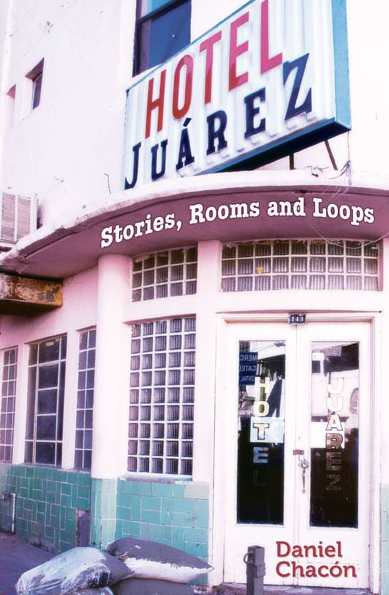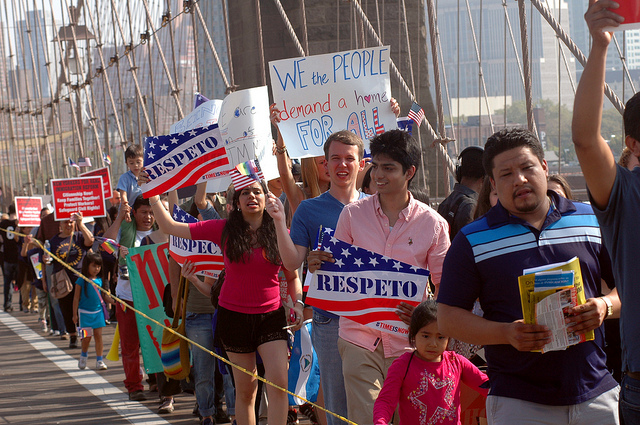*I’ve said this for a long time. The less immigrants there are, the higer the hatred towards them. VL
 By Kevin Drum, Mother Jones (1.5 minute read)
By Kevin Drum, Mother Jones (1.5 minute read)
James Fallows is in western Kansas around Dodge City, where many of the cities are majority Latino and full of immigrants from Guatemala, El Salvador, Honduras, Cuba, and more recently Somalia and Sudan. Here’s what he says:
I can’t let this day end without noting the black-versus-white, night-versus-day contrast between the way immigration, especially from Mexico and other parts of Latin America, is discussed in this part of the country where it is actually happening, versus its role in this moment’s national political discussion.
….Every single person we have spoken with — Anglo and Latino and other, old and young, native-born and immigrant, and so on down the list — every one of them has said: We need each other! There is work in this community that we all need to do. We can choose to embrace the world . . . READ MORE
[Photo by
Michael Fleshman/Flickr]
Suggested reading
 In this collection of short and flash fiction, Daniel Chacón examines peoples’ interactions with each other, the impact of identity and the importance of literature, art and music.
In this collection of short and flash fiction, Daniel Chacón examines peoples’ interactions with each other, the impact of identity and the importance of literature, art and music.
In one story, a girl remembers her father, who taught her to love books and libraries. “A book can whisper at you, call at you from the shelves. Sometimes a book can find you. Seek you out and ask you to come and play,” he told her. Years later, she finds herself pulling an assortment from the shelves, randomly reading passages from different books and entering into the landscapes as if each book were a wormhole. Somehow one excerpt seems to be a continuation of another, connecting in the way that birds do when they fly from a tree to the roof of a house, making “an idea, a connection, a tree-house.”
Misconceptions about people, the responsibility of the artist and conflicts about identity pepper these stories that take place in the U.S. and abroad. In “Mais, Je Suis Chicano,” a Mexican American living in Paris identifies himself as Chicano, rather than American. “It’s not my fault I was born on the U.S. side of the border,” he tells a French Moroccan woman when she discovers that he really is American, a word she says “as if it could be replaced with murderer or child molester.”
Many of the stories are very short and contain images that flash in the reader’s mind, loop back and connect to earlier ones. Other stories are longer, like rooms, into which Chacón invites the reader to enter, look around and hang out. And some are more traditional. But whether short or long, conventional or experimental, the people in these pieces confront issues of imagination and self. In “Sábado Gigante,” a young boy who is “as big as a gorilla” must face his best friend’s disappointment that—in spite of his size—he’s a terrible athlete, and even more confounding, he prefers playing dolls to baseball. Whether in Paris or Ciudad Juárez, Chacón reveals his characters at their most vulnerable in these powerful and rewarding stories, anti-stories and loops.
[cc_product sku=”978-1-55885-768-1″ display=”inline” quantity=”true” price=”true”]
Related

 By Kevin Drum, Mother Jones (1.5 minute read)
By Kevin Drum, Mother Jones (1.5 minute read)

